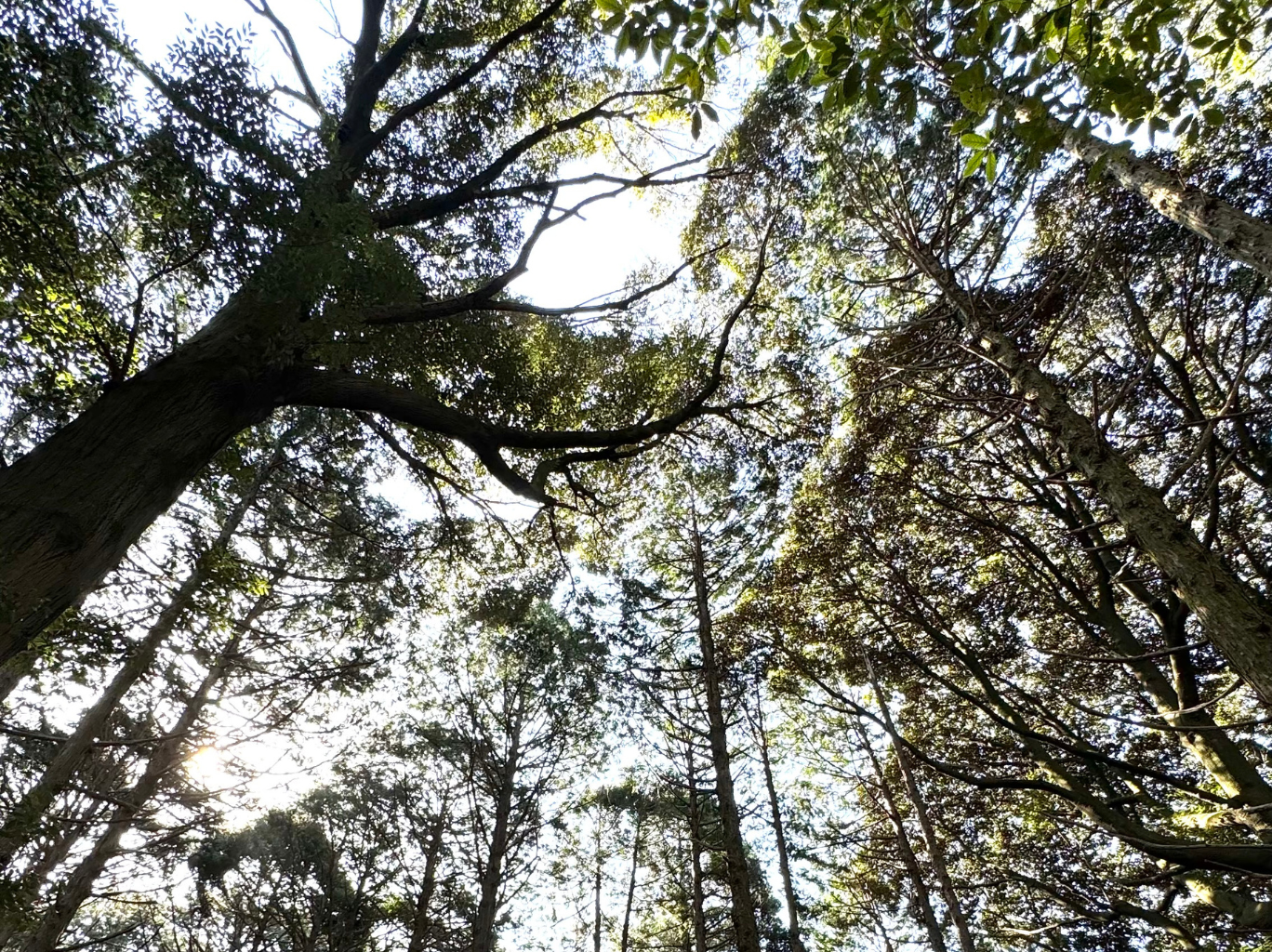As we move past Earth Month, it’s a reminder to entrepreneurs that sustainability isn’t just a trend, but a vital component of modern business practices. A 2023 survey by BCG found that 57% of global consumers said they would ‘definitely’ or ‘probably’ consider net zero production when purchasing new products, highlighting the growing consumer demand for sustainable practices across various industries. For forward-thinking business leaders, integrating sustainable practices into your operations is a strategic move that can enhance your brand’s reputation, appeal to environmentally conscious consumers, and contribute to long-term success. Drawing from my own experience as the founder of Briogeo, as well as industry best practices, I’m sharing a few actionable steps you can take to make your business practices more sustainable so that you can create a positive impact on the planet while also driving business growth.
Assess Your Environmental Impact
The journey toward sustainability starts with an understanding of your current environmental footprint. This involves examining all areas of your business, from the energy consumption in your office to the materials used in your products. For example, at Briogeo, we began by assessing the sustainability of our packaging materials, leading us to prioritize recycled and recyclable packaging. It’s essential to identify the aspects of your operations that have the most significant environmental impact, as this will help you prioritize your efforts and make informed decisions that can lead to meaningful improvements in your sustainability impact.
Set Concrete Sustainability Goals
With a clear understanding of your environmental impact, the next step is to set specific, measurable sustainability goals. These goals should be ambitious yet achievable, providing a clear direction for your sustainability initiatives. At Briogeo, we committed to making our packaging 100% recyclable or compostable, a goal that has guided our product development and design decisions. Setting concrete goals helps you focus your efforts and provides a benchmark for measuring your progress. Ultimately, you want to create a roadmap for sustainable growth that aligns with your business’s values and capabilities.
Build a Culture of Sustainability
Sustainability isn’t just about implementing policies; it’s also about cultivating a mindset that values environmental responsibility. This starts with involving your team in your sustainability mission and encouraging their active participation. At Briogeo, we’ve worked to foster a culture that allows every team member to feel empowered to contribute ideas for sustainable practices. It’s also important to lead by example, demonstrating your commitment to sustainability through your actions and decisions. By building a culture of sustainability, you create an environment where sustainability initiatives can thrive and become a natural part of your business operations.
Innovating for Sustainability
Innovation is a key driver of sustainability because it pushes you to rethink your products, services, and processes to minimize their environmental impact. This could involve using sustainable materials, improving production efficiency, or developing completely new, eco-forward products. Embracing sustainability-driven innovation not only helps you reduce your environmental footprint but also opens up new opportunities for growth and differentiation in the market.
Engaging with Stakeholders on Sustainability
Your sustainability efforts should extend beyond your internal operations to include engagement with customers, suppliers, and the wider community. Communicating your commitment to sustainability can strengthen your brand and build trust with eco-conscious consumers. Additionally, collaborating with suppliers who share your sustainability values can amplify your impact. At Briogeo, we’ve made transparency about our sustainability efforts a key part of our brand identity. According to a Nielsen report, 66% of consumers are willing to pay more for products from brands that demonstrate a commitment to sustainability, underscoring the business case for engaging with stakeholders on sustainability initiatives.
Measuring and Reporting Your Progress
To ensure you’re on track to meet your sustainability goals, it’s important to regularly measure and report on your progress. This involves tracking key performance indicators related to your environmental impact and sharing your achievements with stakeholders. At Briogeo, we’ve committed to transparency in our sustainability journey, regularly reviewing our initiatives and sharing updates with our community. Measuring and reporting your progress not only holds you accountable but also demonstrates your ongoing commitment to sustainability.
As entrepreneurs, we have a unique opportunity to lead by example in the pursuit of sustainability. By integrating earth-conscious practices into our businesses, we can contribute to a more sustainable future while also driving long-term success. With Earth Day behind us, let’s recommit to making sustainability a core part of our entrepreneurial journey. By following these steps, we can build businesses that not only thrive but also positively impact the planet and society.
Get grant opportunities, exclusive invites, tools, and entrepreneurial inspiration in your inbox once a month. Sign up for the Makers Mindset newsletter.




